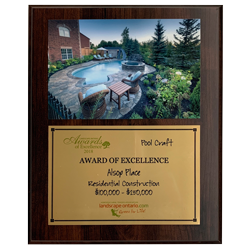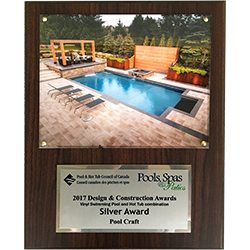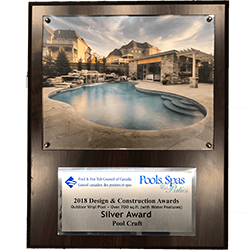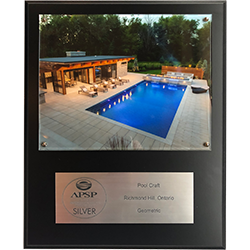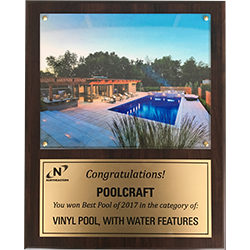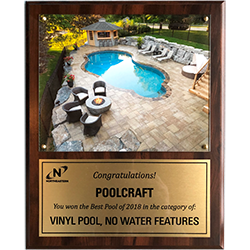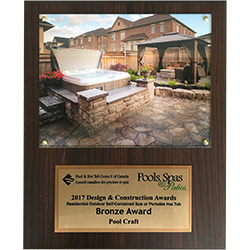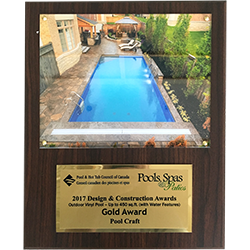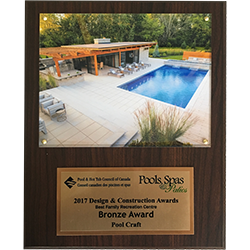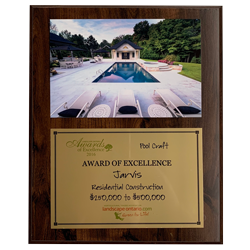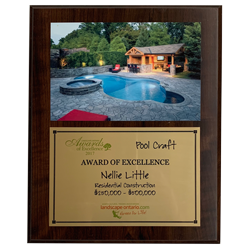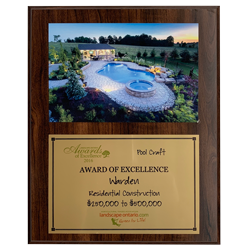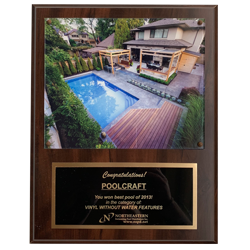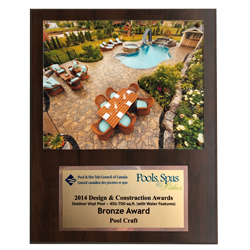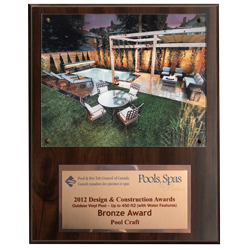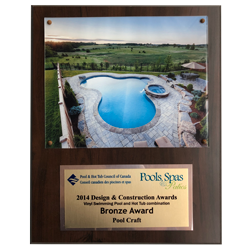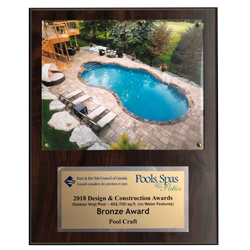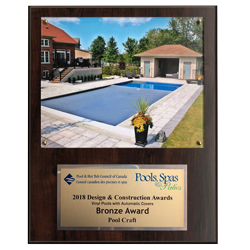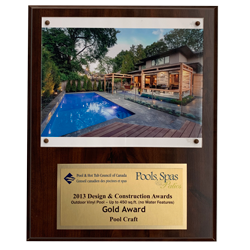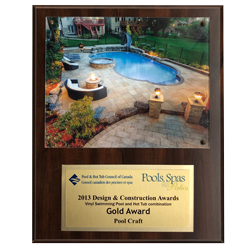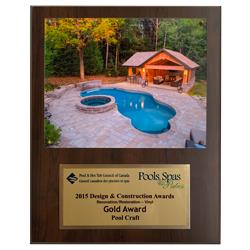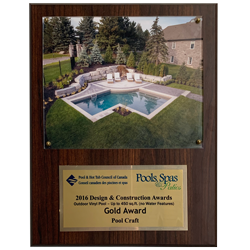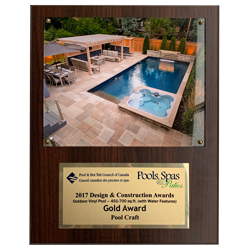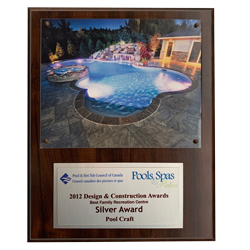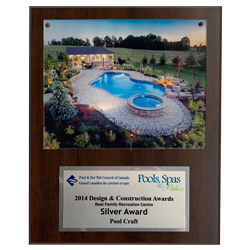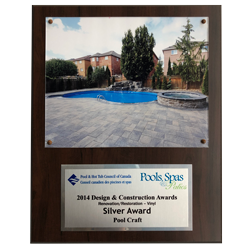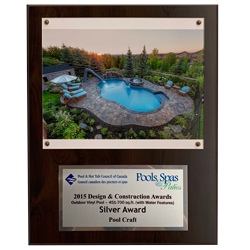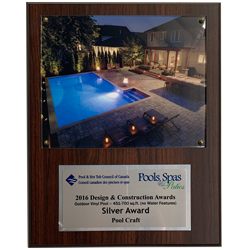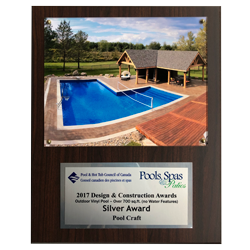In order for you to get the most out of your pool and make sure it’s running at optimal condition, you must ensure that your chemicals are properly balanced.
Water Chemistry Requirements
Improper water chemistry will lead to possible issues with your liner, pool heater, pool pump, and other pool equipment.
Additionally, poor water chemistry can cause skin and eye irritation. Failure to maintain balanced water will also void the warranty on your pool equipment which is an unnecessary expense for you to incur.
Rainfall can really throw off your water chemistry, specifically your PH & Alkalinity
Just a reminder to keep your levels as follows:
pH = between 7.2 – 7.8
This protects your liner & equipment
Total Alkalinity (TA) = between 80 – 120 ppm
This acts as a buffer to stabilize the pH
Free Chlorine = between 1 – 3 ppm
Kills bacteria & algae
Phosphates = less than 100 ppb
Phosphates contribute to algae growth
*Did you know?* Pool Craft has an after-hours drop-off for water testing! Label your sample with your name and address & we’ll email the results the next business day
Pollen Season Can Mean Problems For Your Pool
Pollen in your pool can lead to clogged filters and cloudy water
Tips to prevent & treat pool pollen:
- Skim the surface of your pool using a fine mesh skimmer
- Add a skimmer sock to your skimmer basket
- Add a bottle of Pool First Aid, wait 48 hours, vacuum, and then shock
- Check filters for collected debris & pollen and rinse or backwash as needed
- If this isn’t getting you the results you need, call in the pro’s for a service call
Extreme heat takes a toll on your water chemistry. Stay on top of it with these 5 tips and reminders:
- Keep your pump running 24/7. Circulation is key in keeping the water healthy during extreme heat
- Test your water more frequently and adjust sanitizers to keep up with chlorine demand
- Backwash sand filters regularly and watch the PSI on cartridge filters; if there is a change of 25% rinse the cartridges or backwash
- Watch water levels for evaporation
- If your pool is cloudy consider a first aid treatment, it’s liquid gold for troubled waters!
Make sure you’re testing your water regularly as usage increases! Here are 3 tips on getting the most accurate results:
- Sunlight can penetrate 4 to 6 inches into the water, and that affects the chemistry and can give you false readings. That’s why you need to go 18 inches down or to the bend in your elbow to collect your sample
- collect it away from the return line because that return line could contain concentrated amounts of a treatment chemical that could affect your overall test results
- If you’re testing with strips check out Aquachek’s free app for reading results!
